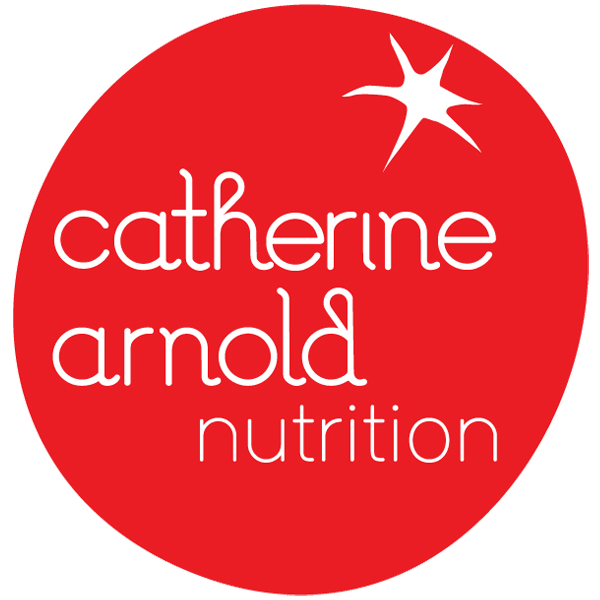
Around 90% of the people who come to see me for nutritional support have excessive amounts of stress in their lives which may be the main driving force behind their health issues.
It seems stress is hard to avoid in this day and age. Electrical devices being the most chronic daily strain on the nervous system.
Work stress, financial worries, health, parenting, are just a few of the stresses we face every day. Then there are the traumatic, life changing experiences. These can range from moving house to divorce, bereavement, abuse, accidents, and witnessing or experiencing violence.
Traumatic experiences can be the trigger for disease. During consultations with my clients we sometimes do a health timeline and discover certain stressful life events coincide with the start of their poor health.
So what has nutritional therapy got to do with stress induced illness? Quite a lot actually!
Cortisol, the hormone released when we are stressed is made by the adrenal glands. Cortisol helps maintain a state of ‘fight or flight’ to enable us to escape the perceived threat or stressor. It redirects fuel to the organs that need it most such as the brain and muscles (to help us to run away!) increasing heart rate and breathing. It also shuts down any non essential processes to reserve energy, such as reproduction, the immune system and perhaps most importantly, digestion. With a reduced functioning digestion in operation it’s possible that long term stress can lead to nutritional deficiencies, which in time can make us ill.
The fact is that during stressful times we need more nourishment than ever. The adrenal glands will be working overtime and require a constant supply of nutrients such as B vitamins, magnesium and vitamins C and E, to enable them to do their job.
On top of that, nutrients from our food provides the raw materials for neurotransmitters in the brain. These affect our mood and ability to cope with stress, they also affect anxiety levels.
Whilst we can’t always avoid stressful situations, we can support our bodies though it. Here are a few things you can do to soften the blow.
1. Balance your blood sugar
This can be achieved by eating regularly and consuming protein with each meal. Skipping meals increases your levels of stress hormone, cortisol, so even if you aren’t hungry – try to eat something easy to digest like a nutritious protein rich smoothie.
2. Eat sea vegetables
Sea vegetables such as nori or dulse are high in B vitamins and trace minerals supportive to the adrenal glands.
3. Do a stress test.
If you have been under stress for a long period of time, have experienced trauma and have other symptoms such as insomnia, weight gain and unexplained fatigue, then it might be worth consulting a nutritional therapist and getting your cortisol levels tested. This can help identify if you are heading towards or are already suffering from adrenal fatigue. They will be able to work with you to support your adrenal function and other body systems affected, back to normal health.
4. Reduce or remove sugar from your diet.
Sugar depletes magnesium which is essential to help you relax and counteract stress. Incidently, cacao is high in magnesium and serotonin (a neurotransmitter associated with good mood) so a little bit of dark chocolate might even be helpful – just try not eat the whole bar!
5. Eat a rainbow spectrum of vegetables every day.
Brightly coloured vegetables (especially greens) are high in vitamins B and C which nourish the adrenal glands.
6. Avoid caffeine.
It prolongs the effects of cortisol and can reduce your appetite so its likely it will negatively affect your blood sugar balance too.
7. Feed the brain with good fats.
Especially oily fish such as sardines, salmon, mackerel, herring, anchovies and trout. Also avocados, olives, butter from raw grass-fed milk, organic free range eggs, coconut oil, nuts and seeds.
8. Reduce your stress.
Take steps to address the stress in your life by making adjustments to alleviate the pressure you find yourself in. Small changes can have a big impact over time. Work / life balance is key.
9. Try talk therapy.
Find a therapist who can help you navigate through the challenges life throws at you. Talking about it and releasing the emotions, although difficult, can be actually be a huge relief. Sometimes its not enough to talk it through with friends and family.
10. Spend time relaxing.
Find an outlet for relaxation – preferably a practice you can do daily such as meditation, yoga, chanting, dancing, walking in nature, taking a bath. Whatever it is – just spending 10 minutes every day ‘being in the moment’ could be one of the greatest tonics to your health.
I am available to support you through your journey back to good health, please get in touch to book an appointment or to find out more about how nutritional therapy can help you by emailing me at catherinearnoldnutrition@gmail.com



